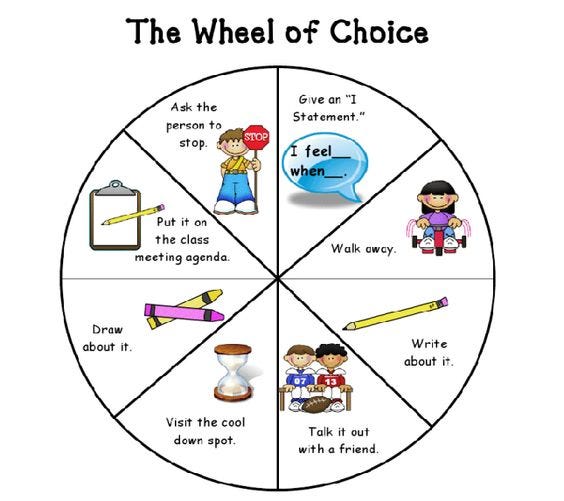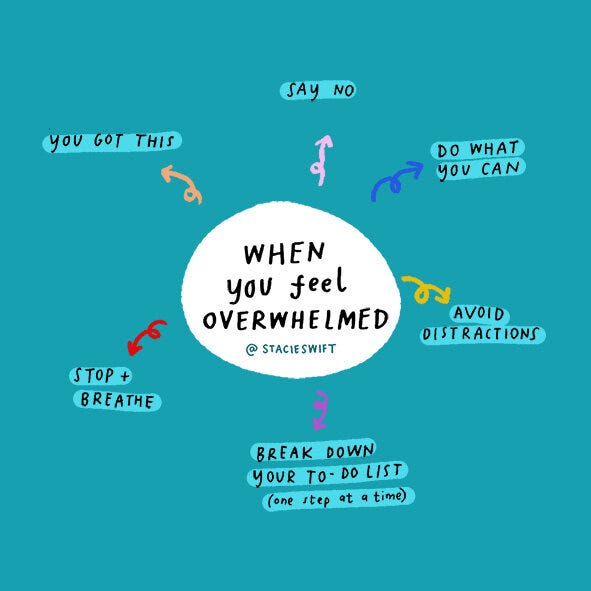Aisha, Abhi, and Aryan are in a bookstore. Aisha sees a book that Abhi likes too, however, there is only one book remaining. Both of them start fighting “I want the book, I want the book!” Aryan sees them and suggests that they can buy the book and take turns reading it. Aisha and Abhi like the idea and agree with him.

What did Aryan do?
Aryan used a simple tool of problem-solving to handle this conflict. He observed both of them, understood their perspective, and then came up with a solution. In a world where problems keep arising, these skills help children handle conflict in a peaceful manner.
How can we inculcate problem-solving skills?
Depending upon age, there are different ways to inculcate these skills. Here are some ways to choose from:
1. Encourage play- Puzzles, building blocks are a great way to inculcate problem-solving skills. It increases motor skills and builds confidence in children. This helps them identify patterns and build logic.

2. Provide research methods- If a child asks you a solution, don't give them the solution immediately. Instead, provide them with resources they can use to figure a solution on their own. Encyclopedias, people at home, Kelso wheel, or even Google are great ways to help a child explore.

3. Let them fail and learn- It's okay if the child is unable to solve a problem at first. Remember, every failure helps them understand what does not work. Be there as a support system and encourage them to learn from mistakes. ( See: Why we should let our children fail)
4. Identify problems- Help them breakdown the problems and identify the root cause. A few steps could be helping them understand if it's a big problem or a small problem. Why does the problem exist? What steps can be taken to solve the problem? Who can they reach out to?

5. Ask for help- Take your child's opinion in day to day problems. It can be as small as what to make for breakfast or as big as talking about your troubles. This builds confidence and also helps the child understand that it's always okay to ask for help.

6. Model it out- Every time you solve a problem, model it out for children. For example “ I have a presentation to prepare, so I am going to break it down into small topics first.” This helps the children learn by looking at you. They are able to breakdown big problems and don’t get overwhelmed in the process.

7. Teach effective communication- If the conflict involves another person, teach the child to use “I feel” statements. Accusing and using “You did this” statement can make the other person feel attacked and get defensive. For example: Instead of saying You broke my toy say “ I feel sad that my toy broke.” Remember to talk in a calm tone as a high voice can make the other person feel threatened.

8. Teach patient listening- Just like communication, listening has an important role to play. If your child disagrees with something listen to them patiently without interrupting them. This will teach them to hear the other person out to.

The world is constantly changing and times are uncertain. Problem-solving skills help children stay calm under uncertainty and become organised individuals.

